Social Issues addressed by Sumitomo —Compass for the Future—
CAMP interactive workshops foster children’s creativity
 Development of the next generation
Development of the next generationAs a practical expression of its “Create Our Future of Dreams” corporate philosophy, SCSK Group is promoting sustainability management as a growth strategy in order to contribute to resolution of social issues from a long-term perspective.
Digitalization is an indispensable tool for resolving social and environmental issues. SCSK offers IT services, founded on technologies and expertise cultivated over the years, that not only help customers resolve their issues and strengthen their competitiveness but also enables them to create the functions and frameworks needed for addressing social and environmental issues.
Amid ongoing global collaboration to achieve the Sustainability Development Goals (SDGs), SCSK’s contributions to the development of society through its business centering on provision of IT services are valuable. Over and above social contributions made through its business, SCSK is mindful that companies are increasingly expected to serve the interests of society by proactively addressing the issues of local communities and the international community. By tackling the material issues it has identified—“Innovating for a Brighter Society,” “Building Trust for a Safe and Secure Society,” and “Creating an Inclusive Society”—SCSK is seizing the opportunity to delight people.
SCSK is emphasizing CAMP, short for Children’s Art Museum & Park, an initiative to foster children’s creativity in interactive settings. CAMP workshops are held at SCSK headquarters and Group companies throughout Japan for youngsters at elementary school and junior high school. Children learn to express themselves in various ways through workshops, which emphasize the cultivation of social skills while encouraging respect for others, including appreciation of inclusion and diversity.


CAMP has a long history. In 2001, CSK Corporation, one of the predecessors of SCSK, launched CAMP in cooperation with MIT Media Lab and various research institutions, museums, and artists in Japan and overseas. Over 70 programs have been developed, each of which has five elements: Think, Make, Connect, Present, and Reflect.
From 2001 to date, 1,200 workshops have been held, with a total number of participants exceeding 23,000. A CAMP workshop held monthly at the CAMP Studio located at SCSK headquarters in Toyosu, Tokyo, is attended by children from the neighborhood. Including the workshops held at SCSK Group companies around Japan, about 30 CAMP workshops are held each year.
The concept of CAMP workshops is to help children discover their own ways of expressing themselves and to expand their circle of communication through creative activities, group work, and presentations of projects, while always having fun.
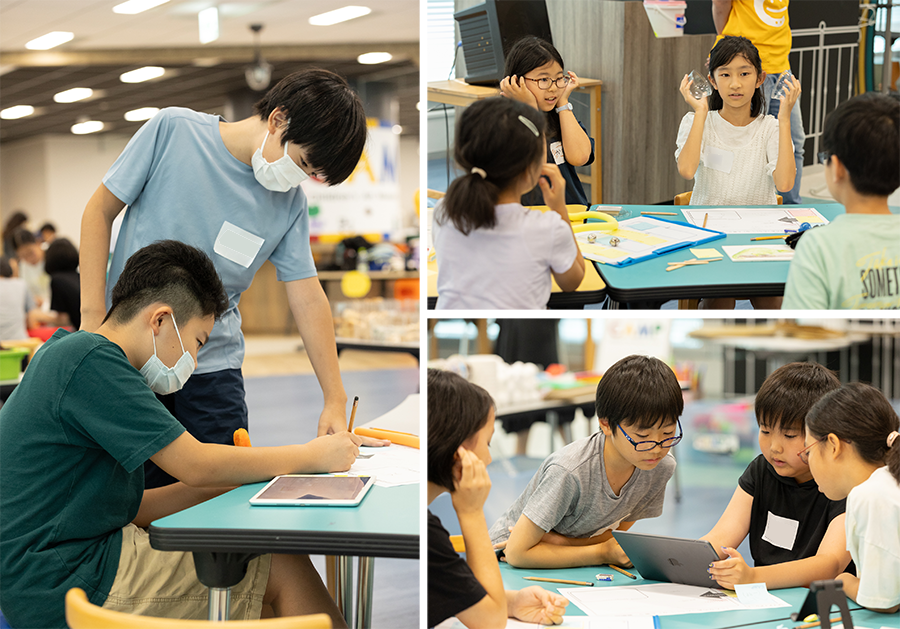
The CAMP Invention Workshop held at the headquarters in Toyosu on August 20, 2023 had around 20 participants, ranging from the fourth graders to ninth graders. Children of different age groups who live in different districts and had never met before developed close relationships, while receiving support from CAMP facilitators. Divided into groups consisting of three or four members, came up with ideas for innovations through discussion and then created them, and made presentations.
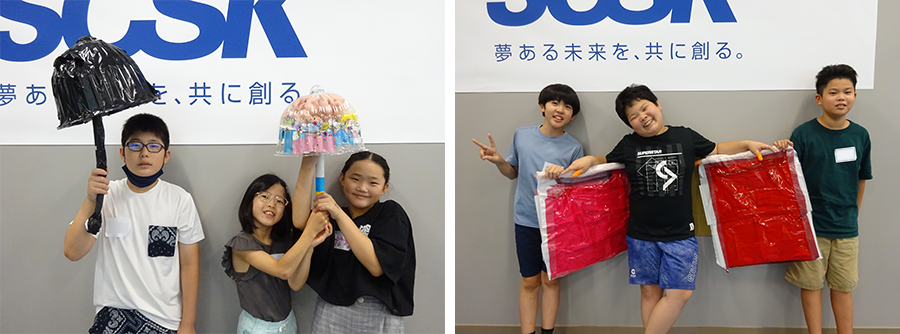
In addition to invention workshops, CAMP offers many other types of programs, including workshops where youngsters experience the joy of programming using PicoCrickets, which are tiny computers developed by MIT Media Lab, workshops in which children cultivate extraordinary plants from mysterious seeds, and online workshops developed during the COVID-19 pandemic in which children create frame-by-frame animation featuring items commonly available at home.
Not only SCSK employees are involved in the workshops as volunteers but also employees of SCSK Group companies, as well as university students and other adults who apply to serve as facilitators running the workshops. The facilitators receive training in advance so that they can run workshops smoothly, making timely interventions to offer support while encouraging the youngsters to take the initiative and communicate with one another. Most workshops are held on Sundays and plenty of people are eager to serve as facilitators because the workshops are also great opportunities for adults to learn and gain new insights through interaction with children. Some children who participate in CAMP workshops eventually return as facilitators when they become university students.
Increasingly, CAMP workshops are held jointly with other companies, local governments, and universities. Research is underway to clarify the long-term effects of the experience of participating in workshops on participants’ subsequent careers.

In recent years, global issues such as those concerning the environment, human rights, and regional conflicts have become more familiar. Resolving these complex, difficult-to-resolve issues will be the work of more than one generation. By fostering children’s abilities to think creatively and co-create while encouraging them to appreciate diversity, SCSK is helping to develop a capable next generation with the skillset required to achieve a sustainable society.
With “Respecting each other” as one of its three promises, SCSK is committed to fostering the next generation through social contribution activities as one aspect of its corporate social responsibility.


Read about initiatives to achieve a low-carbon society, aiming at net-zero greenhouse gas emissions since these emissions are implicated in global warming.

In view of ongoing globalization and the growing complexity of supply chains, companies need to respond appropriately to issues in supply chains.

The pace of workstyle reform is accelerating as the COVID-19 pandemic has prompted numerous companies to embrace novel ways of working.

For companies, the COVID-19 pandemic has brought the crucial importance of employee health into sharp focus.

Accelerating global warming poses serious business risks. Accordingly, companies need to formulate strategies and implement specific countermeasures from a medium- to long-term perspective.
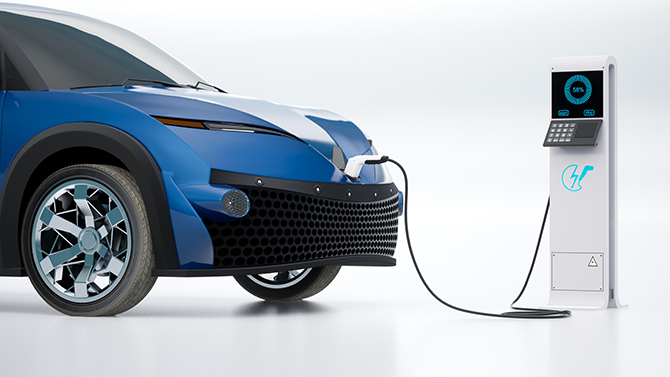
Spurred by efforts to reduce environmental impacts and in line with increasing social needs, replacement of gasoline-powered vehicles with electric vehicles is accelerating.
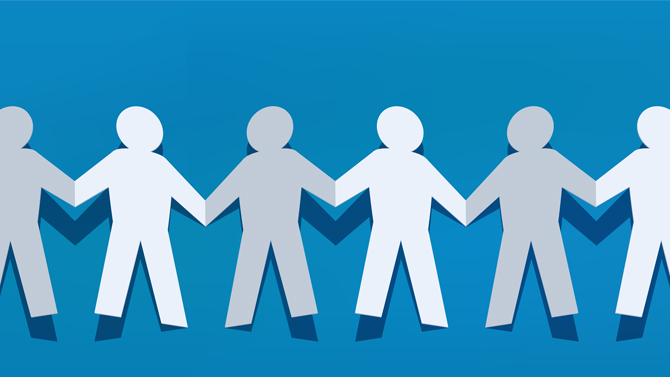
Vigorous initiatives are afoot to tackle social issues by revitalizing communities and the interpersonal relationships that bind them together.

Poverty persists in contemporary Japan and the existence of child poverty is a grave concern.

In view of the continuing decline of Japan’s working age population, due to population aging coupled with a low birthrate, development of the next generation is an urgent issue.

The rapid progress in medicine in recent years is largely due to the efforts of not only universities and other research institutions but also of companies to develop cutting-edge technologies.

Numerous initiatives to promote industry and commerce at the regional and community level are underway, involving the use of renewable energy and thus contributing to decarbonization.

One-third of food produced is lost or wasted globally, amounting to about 1.3 billion tons per year. Food loss and waste is a pressing issue in need of a solution.

Companies are addressing a wide range of issues so that people and companies can coexist in harmony with the global environment.

In addition to natural disasters, there are various types of hazards whose nature, incidence and severity are changing with the times. Resilience and flexibility are indispensable in dealing with them.
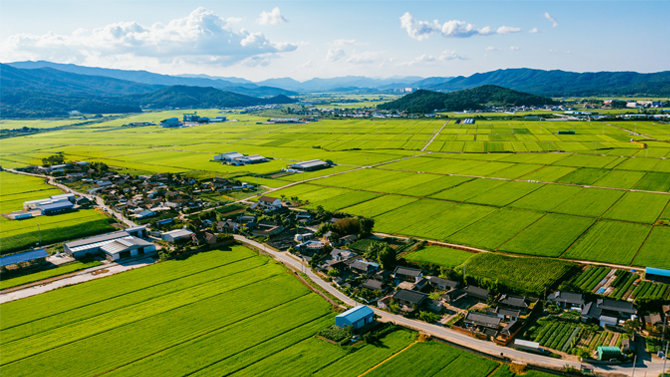
Read about initiatives to achieve sustainable regional revitalization. The attributes and resources that each region can offer are leveraged to strengthen local economies and overcome the problem of population decline.